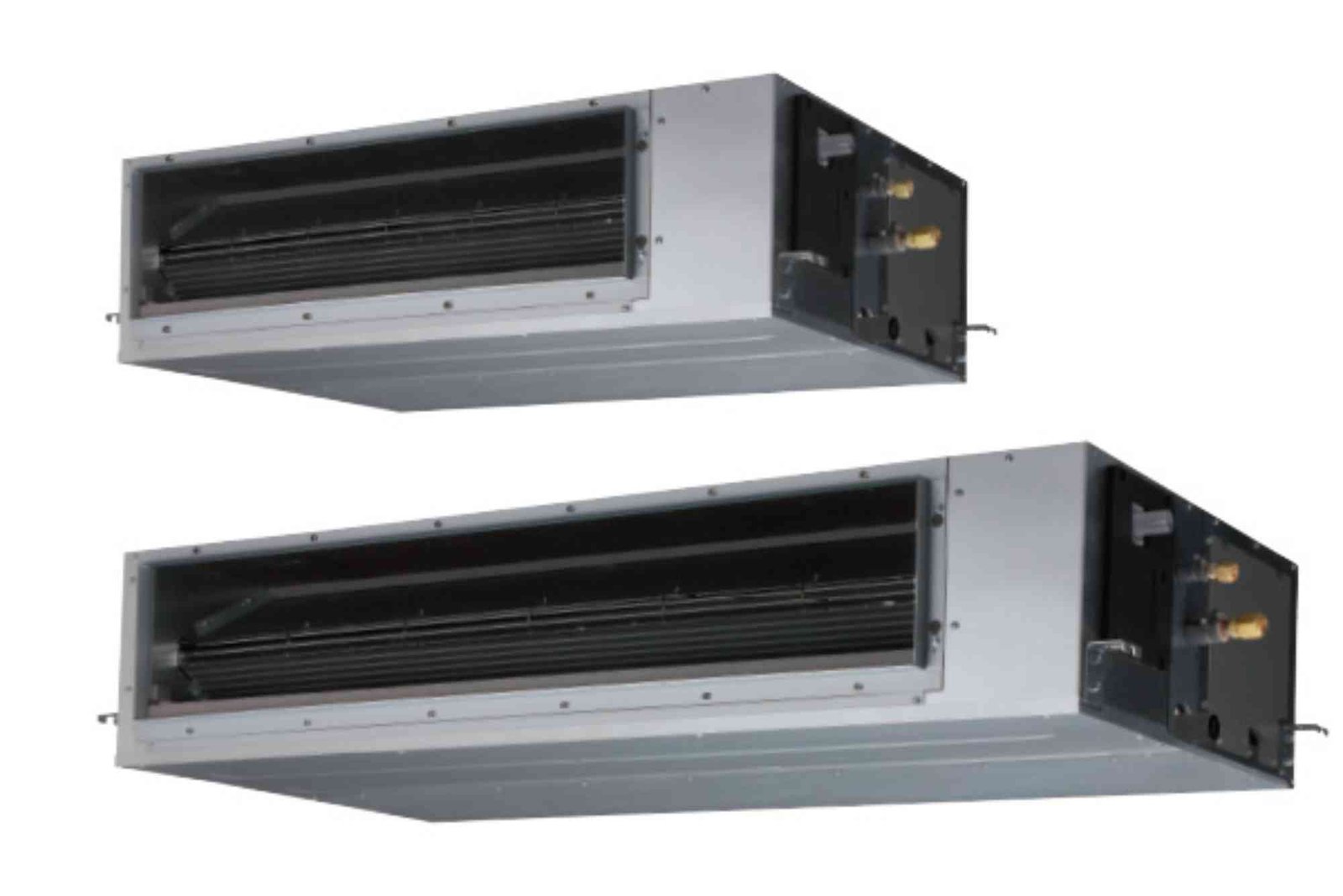Beginner’s Tips to Automobile for Better Industry
The automobile industry is a dynamic, fast-evolving field that shapes how we live, travel, and connect with the world. For beginners, stepping into this competitive sector can feel overwhelming. Yet, with the right approach, passion, and understanding, anyone can build a successful path in the automotive field. This guide covers essential beginner’s tips to automobile for better industry performance — focusing on foundational knowledge, industry trends, and professional growth strategies.
Understanding the Automobile Industry
Before diving into technical or business aspects, it’s crucial to grasp what makes The Automobile Industry thrive. This sector revolves around designing, manufacturing, and selling vehicles — from electric cars to advanced autonomous models. Beyond cars, it includes parts suppliers, service centers, repair shops, and even digital innovators driving smart mobility solutions.
For beginners, understanding the structure of the automobile ecosystem is key. Manufacturers, component suppliers, dealers, and customers form an interconnected network. Learning how these parts function together helps you spot opportunities and navigate career or business challenges effectively.
Building a Solid Foundation in Automobile Knowledge
Knowledge is the foundation of success in the automobile field. Start by learning the basics — from understanding vehicle systems to knowing emerging automotive technologies. A strong technical base ensures you can adapt to innovations shaping the industry.
Learn the Core Components
Every vehicle consists of essential systems: engine, transmission, brakes, suspension, and electrical systems. Learning how they work and interact gives you the confidence to discuss, design, or repair vehicles accurately. Beginners should explore automotive engineering basics, either through formal education or practical experience.
Stay Updated with Emerging Technologies
Today’s automotive industry is driven by technology. Electric vehicles, artificial intelligence, and automation are reshaping traditional manufacturing. Beginners must stay informed about What Type Of innovations are influencing design and production. Continuous learning through workshops, online courses, and industry publications is essential for staying ahead.
Practical Skills That Make You Stand Out
While theory is valuable, hands-on skills are what set successful professionals apart. Employers and clients look for people who can apply knowledge effectively. Developing both mechanical and digital competencies will position you as a versatile expert.
Embrace Technical Proficiency
Familiarity with automotive diagnostic tools, simulation software, and repair equipment is vital. Learn to interpret data from sensors, understand performance analytics, and master CAD (Computer-Aided Design) systems. These skills increase your employability and allow you to contribute meaningfully in a technical environment.
Communication and Problem-Solving
Automotive professionals often collaborate with engineers, clients, and suppliers. Clear communication ensures projects run smoothly. Strong problem-solving skills help you analyze issues and implement efficient solutions — whether it’s improving fuel efficiency or enhancing vehicle safety.
Understanding Market Trends and Customer Needs
The automobile industry evolves with customer expectations and market trends. Beginners must observe these shifts to align their strategies with consumer preferences.
Electric and Sustainable Mobility
The world is moving toward eco-friendly transportation. Electric vehicles (EVs) are gaining momentum due to lower emissions and long-term cost efficiency. Understanding battery management, charging infrastructure, and sustainability policies gives you a competitive edge.
Smart and Connected Vehicles
Modern cars are no longer just mechanical devices. They are digital ecosystems with connectivity, sensors, and autonomous features. Learning about IoT integration, telematics, and vehicle-to-everything (V2X) communication prepares you for the future of automotive innovation.
Globalization and Localization
Automotive businesses must balance global standards with local customer needs. Understanding both perspectives helps beginners adapt strategies effectively — whether entering a new market or developing region-specific products.
Developing a Career in the Automobile Industry
A successful career in The Automobile Industry requires passion, persistence, and planning. Whether you’re a student, technician, or aspiring entrepreneur, your path depends on how well you align your skills with industry demands.
Choosing the Right Career Path
Automobile professionals can specialize in design, manufacturing, marketing, or after-sales service. For example, automotive engineers focus on innovation, while technicians handle repairs and diagnostics. Identify your strengths early and seek specialized training or certifications to match your interests.
Networking and Professional Growth
Building strong connections in the automotive community opens doors to learning and job opportunities. Attend trade fairs, join professional associations, and connect with experts through online forums. Networking helps you stay informed about industry changes and gain mentorship from experienced professionals.
Continuous Learning and Adaptation
Technology in the automotive field changes rapidly. Beginners must commit to lifelong learning. Keep updating your skills with certifications in hybrid vehicle maintenance, EV systems, or automotive data analysis. This adaptability ensures long-term success.
The Role of Innovation and Research
Innovation is the heartbeat of automotive evolution. From self-driving cars to hydrogen fuel systems, research drives progress. Beginners interested in the research side of The Automobile Industry should focus on creativity and technical curiosity.
Collaborate on academic projects, contribute to university labs, or intern with R&D departments. Innovation isn’t just about technology; it’s also about improving processes, reducing costs, and enhancing user experience.
Common Mistakes Beginners Should Avoid
While entering the automobile sector, many newcomers make avoidable mistakes that hinder progress. Recognizing these pitfalls early can help you stay focused and efficient.
Ignoring foundational learning is one of the biggest mistakes. Jumping into advanced systems without mastering basics can lead to confusion. Similarly, neglecting hands-on practice or failing to stay updated with technological changes limits career growth.
Another mistake is underestimating soft skills. Technical ability alone isn’t enough. Professionals who communicate clearly, adapt to teams, and manage time effectively achieve better results.
Lastly, beginners often ignore sustainability. Today’s industry values environmental responsibility. Understanding green technologies and sustainable production methods is no longer optional—it’s essential.
Related Resource for Beginners
For more details, visit Related resource: the automobile industry, which offers valuable insights, trends, and updates for newcomers looking to understand the field better.
Your Road to a Better Automobile Career
Building a strong career or business in the automobile sector starts with curiosity, consistency, and continuous learning. By following these beginner’s tips to automobile for better industry, you’ll gain the technical and professional foundation needed to excel in this dynamic field.
Embrace innovation, stay informed, and never stop developing your skills. The automobile industry offers limitless opportunities — for those ready to evolve with it.
Ready to take the first step? Explore more resources and insights at What Type Of and discover practical guidance for automotive success today.
FAQs
What are the best courses for beginners in the automobile industry?
Courses in automotive engineering, vehicle dynamics, and electric mobility are great starting points. Certifications in diagnostics and EV technology also enhance job prospects.
How can I start a career in automobile manufacturing?
Gain technical education, apply for internships at vehicle plants, and develop hands-on experience with assembly or testing equipment. Networking within The Automobile Industry also helps.
What Type Of skills are essential for beginners in the automotive field?
Strong analytical thinking, mechanical knowledge, computer-aided design (CAD) skills, and understanding of emerging technologies like EVs and AI are crucial.
Is it necessary to have a degree to work in the automobile industry?
While a degree helps, it’s not mandatory. Practical training, certifications, and on-the-job experience can also lead to rewarding automotive careers.
What is the future of the automobile industry?
The future lies in electric mobility, automation, and sustainability. Beginners who focus on green technologies and data-driven solutions will have long-term success.




